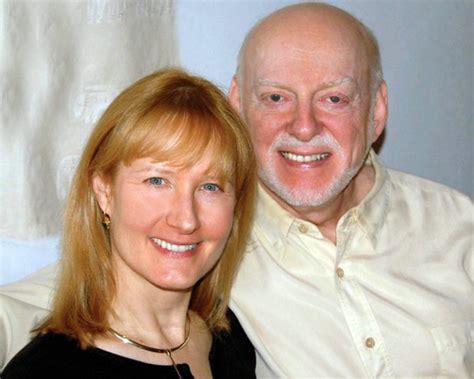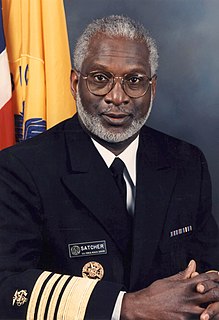A Quote by Allan Lokos
Suffering usually relates to wanting things to be different from the way they are.
Related Quotes
Under the bright sun, many of us are gathered together with different languages, different styles of dress, even different faiths. However, all of us are the same in being humans, and we all uniquely have the thought of 'I' and we're all the same in wanting happiness and in wanting to avoid suffering.
Sometimes people go off in a slightly different direction of wanting to be different, of wanting to be special, of wanting to be more, and I think that those people are often - not always, but often - genuinely different in some way. Perhaps their gender orientation is not acceptable or popular, not the norm. Or, their physical design is literally, in some way, setting them apart. Or, in many cases, they feel the burden of their ordinariness so dreadfully that they strive to find some way of being unique. I think that can be a very positive thing, but it also can be negative, destructive.
. . . hell is wanting to be somewhere different from where you are. Being one place and wanting to be somewhere else . . . . Wanting life to be different from what it is. That's also called leaving without leaving. Dying before you die. It's as if there is a part of you that so rails against being shattered by love that you shatter yourself first.
For, after all, if it is from Christ that we are to learn how God relates himself to sin, suffering, evil, and death, it would seem that he provides us little evidence of anything other than a regal, relentless, and miraculous enmity; sin he forgives, suffering he heals, evil he casts out, and death he conquers. And absolutely nowhere does Christ act as if any of these things are part of the eternal work or purposes of God.
One of things I write about a lot is the role of women. An older friend of mine said that she feels like there's always a tension between wanting to be free and wanting to be cherished. I think that's one of the things that my whole book speaks to, wanting to break out of the confines of the roles that are prescribed for women and yet at the same time, not wanting to be totally free. You want to have intimate relationships. It's that bursting out of confinement.
Suffering is nature's way of indicating a mistaken attitude or way of behavior, and to the nonegocentric person every moment of suffering is the opportunity for growth. People should rejoice in suffering, strange as it sounds, for this is a sign of the availability of energy to transform their characters.
The Buddha taught that suffering is the extra pain in the mind that happens when we feel an anguished imperative to have things be different from how they are. We see it most clearly when our personal situation is painful and we want very much for it to change. It's the wanting very much that hurts so badly, the feeling of "I need this desperately," that paralyzes the mind. The "I" who wants so much feels isolated. Alone.


































